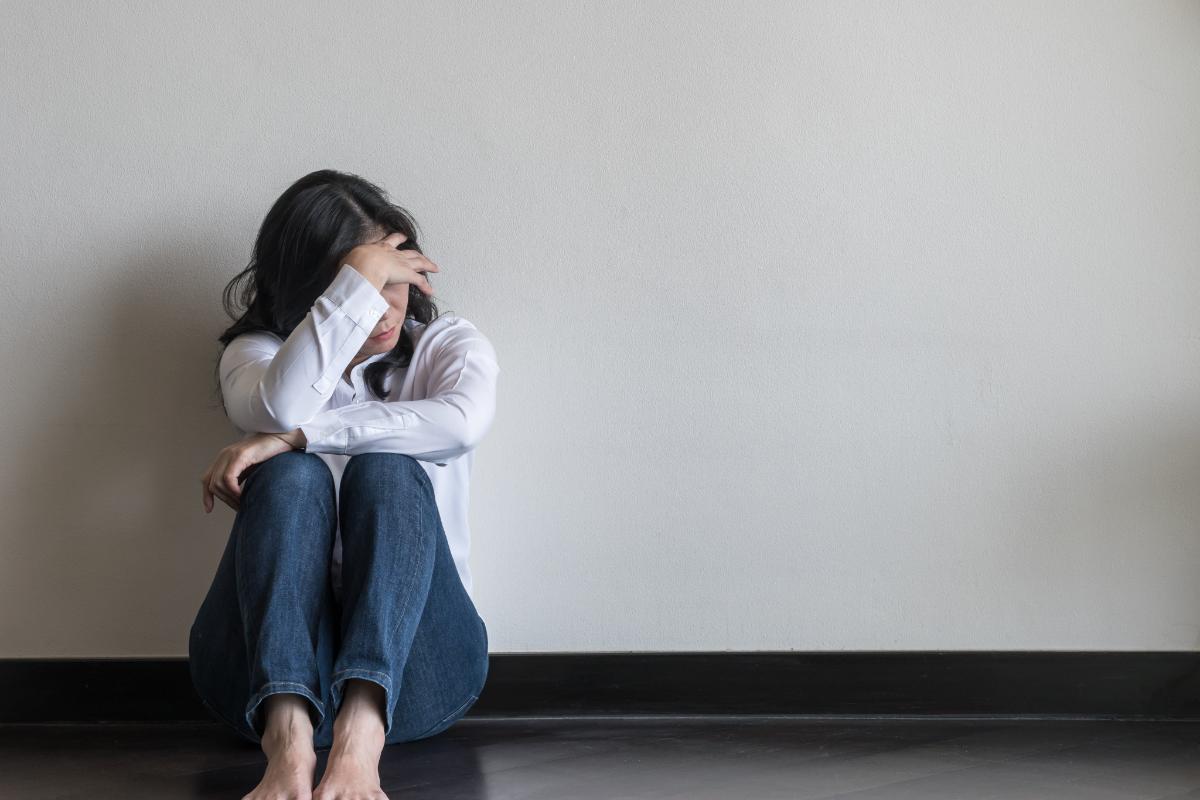Anxiety Over Time: Understanding the Risks & Solutions
Anxiety is one of society’s most commonly reported mental health issues, with one in five people reporting that they experience chronic anxiety disorders. Anxiety is a unique condition because it’s not caused by one set factor. Rather, anxiety is caused by a combination of physical and mental responses. What most people don’t realize is that anxiety does get worse over time. When left untreated, it can build up and progressively cause more damaging effects. While it is normal to feel anxious every now and then, chronic, persistent anxiety can be disruptive for your everyday life.
Stress is the root of anxiety, and the key to managing the symptoms of anxiety is developing a healthier relationship with stress. If you are looking for a resource to help you learn more about anxiety and teach you how to develop better anxiety coping strategies, read on for tips from our clinical team.
What Is Anxiety?
Anxiety is the experience of feeling a general sense of unease or worry which may be related to a specific event. Some people are anxious about the future, social events, or even nothing at all! Many people who suffer from different types of anxiety disorders struggle to pinpoint where exactly their anxious feelings stem from. This makes it challenging to understand how to combat them and begin to improve these symptoms.
As humans, anxiety is often our early detection system for danger – which was very useful when we were cavemen, but not so much now. When you feel anxious, your body is actually sending hormones throughout your body to put your entire system on alert. Your body’s natural stress response system helps you focus, perform, and feel awake and motivated when needed.
Does anxiety get worse over time? It can. When your body suffers from chronic worrying, stress, and overthinking, it has a difficult time switching from high alert and back to a state of rest. When your body is stuck in a stressed state, you can expect a few symptoms, including:
- Increased heart rate
- Racing thoughts
- Inability to keep calm
- Difficulty concentrating
These are some classic signs of anxiety, but when this chronic stress persists, your body may experience even more intense symptoms of anxiety, like panic attacks, trouble sleeping, restlessness, and gastrointestinal problems.
Treating Anxiety in Teens
The process of treating anxiety in teens requires an understanding of the source of the problematic emotions. Stress, anxiety, and worry aren’t things teens should be fighting off all the time. While stress in healthy amounts is actually good for you, letting it go too long results in anxiety that does get worse over time, burnout, and other health concerns.
So, if you want to improve anxiety, it’s important to train your body to adapt better to stress. To do this, you might need to try a combination of techniques. From talk therapy and medication to experiential therapy and holistic self-care practices, there will be a mix of modalities that works best. Because each person is different, it may take some experimentation to find what works for you.
At Ascend, teens work with a personal clinician to sort through the confusing emotions that could be causing their anxiety to get worse over time. As we confront and reveal your concerns, you can start to identify and face fears that could be the source of negative emotions.
Finding Help at Ascend
Treating teen anxiety requires a gradual approach that improves your overall relationship with negative emotions and difficult situations. If you’re concerned that your anxiety may get worse over time, it might be time to consider a reset with intensive residential treatment at Ascend. With our program, you’ll discover a comforting space where you can reduce the symptoms of anxiety disorders and learn how to cope with problems in the real world without getting overwhelmed.
If you’re interested in our treatment programs, please reach out to our team online or by phone today at 310.388.3713.



